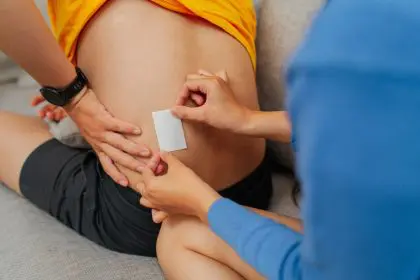Rolling out asked Teresa L. Quarker Smith, a licensed professional counselor with extensive experience working with adults, children and adolescents as well as victims of intimate partner violence, sexual abuse and sexual assault. Smith discussed how young women can protect themselves — on or off campus.
First, can you define the terms “rape” and “sexual assault”?
Rape is a type of sexual assault usually involving sexual intercourse or other forms of sexual penetration carried out against a person without that person’s consent. The act may be carried out by physical force, coercion, abuse of authority or against a person who is incapable of giving valid consent, such as one who is unconscious, incapacitated, has an intellectual disability or below the legal age of consent. The term rape is sometimes used interchangeably with the term sexual assault.
What measures can female students take to stay safe?
I highly suggest traveling with a buddy to … events. If you are attending events alone, make sure someone knows your location. … Keep your cellphone near and charged. … Do not accept any drinks from anyone you do not know or do not trust, even if it’s a nonalcoholic beverage. Always trust your instinct. Always. Avoid going anywhere for “alone time” with anyone you just met, and have your guard up to those you know until they have earned your trust. In fact, the majority of sexual assaults are committed by someone who the victim knows.
If a young woman is sexually assaulted, what is the first thing she should do?
The first thing she needs to do is get to a safe location immediately, especially if she is in an unfamiliar location. However, while doing so, call the police or go directly to the nearest emergency room. … She can also call the National Sexual Assault Hotline at 1-800-656-HOPE, where she will be connected to a local sexual assault provider in her area.
















